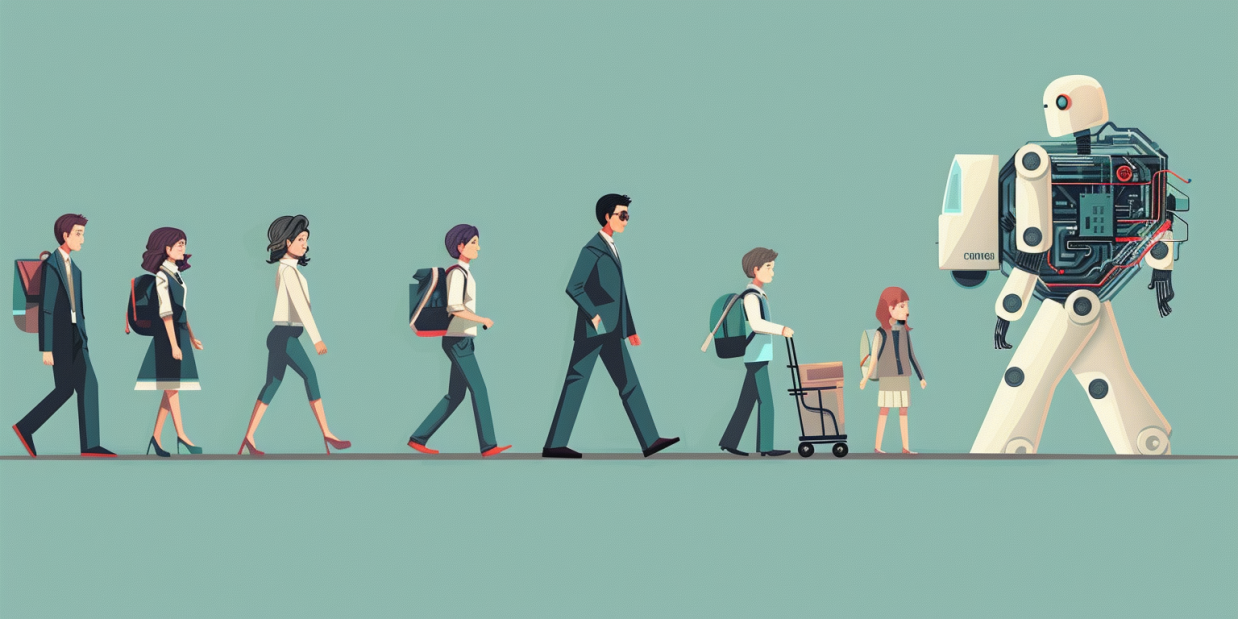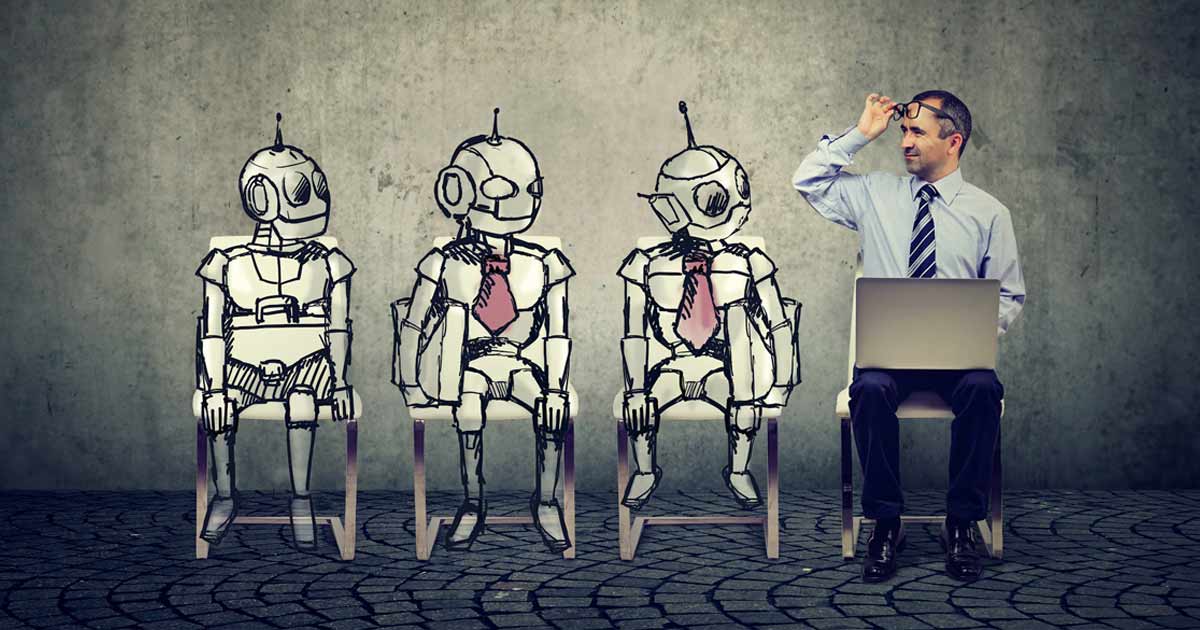This is now’s edition of The Download, our weekday e-newsletter that gives a each day dose of what’s heading on in the environment of technological know-how.
These distinctive satellite photos clearly show Saudi Arabia’s sci-fi megacity is perfectly underway
In early 2021, Crown Prince Mohammed bin Salman of Saudi Arabia introduced The Line: a “civilizational revolution” that would household up to 9 million people in a zero-carbon megacity, 170 kilometers prolonged and 50 % a kilometer high but just 200 meters wide. Within just its mirrored, car or truck-free of charge walls, inhabitants would be whisked close to in underground trains and electric powered air taxis.
Satellite photographs of the $500 billion project obtained exclusively by MIT Technological know-how Review show that the Line’s extensive linear constructing site is previously getting form. Check out The Line’s site on Google Maps and Google Earth, however, and you will see tiny more than bare rock and sand.
The weird gap in imagery raises issues about who gets to accessibility substantial-res satellite technologies. And if the greatest city design website on the planet doesn’t seem on Google Maps, what else can’t we see? Read the comprehensive story.
—Mark Harris
Why toddlers slumber so much
Babies expend much much more time asleep than they do awake. Experts nevertheless are not just absolutely sure why, but new systems are starting off to get rid of a bit a lot more mild on this mystery—and could help reveal what is going on inside of the speedily creating mind of a new child.
During the initial couple months, babies’ brains are acquiring connections at a amount of around a million synapses a second. These connections are thought to play a vital job in encouraging toddlers study to make sense of the world about them, environment crucial foundations for the rest of their lifetime. Read the complete story.
This tale is from The Checkup, a weekly newsletter by our senior reporter Jessica Hamzelou which gives you the small-down on all matters biomedicine and biotechnology. Signal up to acquire it in your inbox just about every Thursday.
The must-reads
I have combed the world-wide-web to obtain you today’s most pleasurable/vital/frightening/fascinating stories about technological innovation.
1 Covid facts is beginning to vanish in China
It’s about to enter its deadliest stage of the pandemic. How lethal? We won’t know. (FT $)
+ A letter from Foxconn’s founder may perhaps have served to persuade China’s leaders to abandon zero-covid. (WSJ $)
+ The policy pivot has been satisfied with relief—but also worry and confusion. (NYT $)
+ Here’s what experts have to say about it. (Mother nature)
2 AI selfies are just about everywhere
You can thank the app Lensa, and the simple fact people simply cannot resist sharing how pretty it helps make them glimpse. (WP $)
+ Even so, it generates troublingly NSFW photographs. Even when the picture is of a little one. (Wired $)
+ AI is having improved and superior at making convincing text also. (Vox)
+ Can you notify a genuine tweet from a single prepared by an AI? (WSJ $)
3 Us citizens are flocking to weather risk zones
Migration styles are mostly away from safer spots, in direction of hotter, drier locations with more wildfires. (Wired $)
+ These a few charts demonstrate who is most to blame for weather alter. (MIT Technological know-how Evaluation)
4 A lawsuit claims girls ended up specific for Twitter layoffs
In engineering roles, 63% of girls lost their jobs in contrast to 48% of gentlemen. (NBC)
+ Musk’s system to encrypt Twitter messages looks to be on maintain. (Forbes)
+ Twitter is preparing to modify the price of ‘Twitter Blue’ just after a spat with Apple. (The Information $)
+ Elon Musk is brazenly courting a much-suitable, conspiracy obsessed enthusiast foundation. (Wired $)
5 CoinDesk’s FTX scoop shot its own parent corporation in the foot
Ownership constructions in crypto are complex—and in this circumstance, a bit too cozy for consolation. (The Verge)
+ Crypto execs exchanged frantic texts as FTX collapsed. (NYT $)
6 Exhausted by the internet? You are not on your own.
It’s commencing to sense like a dying shopping mall full of outlets you never want to pay a visit to. (New Yorker $)
+ Amazon is launching a TikTok clone. Indeed, Amazon. (WP $)
7 The hoopla about esports is fading
A wider economic downturn is causing sponsors and buyers to flee. (Bloomberg $)
+ The FTC is striving to block Microsoft’s $69 billion acquisition of online video game big Activision Blizzard. (Vox)
8 What brings about Alzheimer’s?
A stream of current conclusions suggest that it is more advanced than the develop-up of amyloid plaques. (Quanta)
+ The miracle molecule that could treat mind accidents and strengthen your fading memory. (MIT Technological know-how Evaluate)
9 The international spy ware industry has spiraled out of control
And the US is participating in each arsonist and firefighter, adopting the incredibly exact same resources it condemns. (NYT $)
+ It is tough to command adware technological know-how when it is in these higher desire from governments all-around the globe. (MIT Engineering Overview)
10 Xiaomi taught a robotic to perform the drums
Expert musicians can rest straightforward for now although, if the demo clip is everything to go by. (IEEE Spectrum)
Quote of the working day
“Globalization is nearly dead. No cost trade is pretty much lifeless. And a lot of people today even now would like they would come back again, but I genuinely do not feel that it will be again for a while.”
—Morris Chang, founder of Taiwanese chip big TSMC, made some blunt remarks about geopolitics at the start of a new plant in Arizona this 7 days, Nikkei Asia reviews.
The big story
The foreseeable future of urban housing is energy-successful fridges
June 2022
The growing older flats less than the purview of the New York Metropolis Housing Authority never scream innovation. The greatest landlord in the town, housing just about 1 in 16 New Yorkers, NYCHA has viewed its structures practically crumble following a long time of deferred upkeep and inadequate stewardship. It would demand an believed $40 billion or far more, at minimum $180,000 for each unit, to return the buildings to a state of great mend.
Even with the scale of the challenge, NYCHA is hoping to fix them. It has launched a Clean Heat for All Obstacle which asks producers to build minimal-price tag, effortless-to-set up warmth-pump systems for making retrofits. The stakes for the company, the winning firm, and for culture itself could be huge—and great for the earth.
Right after all, it’s far additional sustainable to retrofit existing buildings than to tear them down and create new types. Read the comprehensive tale.
—Patrick Sisson
We can continue to have pleasant things
A put for consolation, enjoyable and distraction in these bizarre situations. (Got any tips? Drop me a line or tweet ’em at me.)
+ This Photoshop comedian about replacing the sky is truly beautiful.
+ Santa Claus, Father Christmas, Saint Nicholas: what ever you get in touch with him, he’s obtained a extended and illustrious heritage.
+ How to nail dressing smartly, nonetheless casually.
+ Cowboy butter, everyone?










